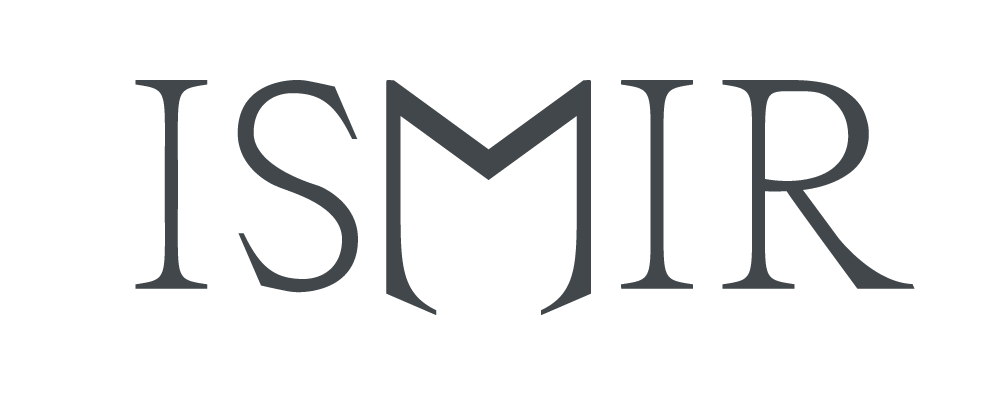
Conferences
Transactions of ISMIR
Women in MIR
Resources
About the Society Membership
Community Statistics
Contact
Resources / Educational Materials
The resources are sorted by decreasing year of publication. If you would like to add a resource, please create a pull request.
Articles on MIR Education
- Meinard Müller, Brian McFee, and Katherine Kinnaird: Interactive Learning of Signal Processing Through Music: Making Fourier Analysis Concrete for Students. IEEE Signal Processing Magazine, 38(3): 73–84, 2021.
- Markus Schedl, Emilia Gómez and Julián Urbano: Music Information Retrieval: Recent Developments and Applications. Foundations and Trends in Information Retrieval, 8(2-3): 127-261, 2014.
MIR-Related Textbooks
- Brian McFee: Digital Signals Theory. CRC Press, 2023. (online edition)
- Meinard Müller: Fundamentals of Music Processing – Using Python and Jupyter Notebooks. 2n edition, Springer, 2021.
With Python Code Examples (FMP Notebooks). - Peter Knees and Markus Schedl: Music Similarity and Retrieval: An Introduction to Audio- and Web-based Strategies. Springer, 2016
- Claus Weihs, Dietmar Jannach, Igor Vatolkin, Guenter Rudolph: Music Data Analysis: Foundations and Applications. Chapman & Hall/CRC Computer Science & Data Analysis, 2016
- Meinard Müller: Fundamentals of Music Processing – Audio, Analysis, Algorithms, Applications. Springer, 2015.
- Alexander Lerch: An Introduction to Audio Content Analysis: Music Information Retrieval Tasks and Applications. 2nd Ed., IEEE Press/Wiley, 2023.
With Code Examples. - Òscar Celma: Music Recommendation and Discovery: The Long Tail, Long Fail, and Long Play in the Digital Music Space. Springer, 2010.
- Meinard Müller: Information Retrieval for Music and Motion. Springer, 2007.
- William Arthur Sethares: Rhythm and Transforms. Springer, 2007.
- Anssi P. Klapuri and Manuel Davy (editors): Signal Processing Methods for Music Transcription. Springer, New York, 2006.
- William A. Sethares: Tuning, Timbre, Spectrum, Scale. Springer, London, 1998.
MIR-Related Educational Software and Online Tutorials
- FMP Notebooks: Jupyter/Python notebooks for teaching and learning Fundamentals of Music Processing (FMP).
- Preparation Course Python: Jupyter/Python notebooks introducing Python programming with a focus on audio processing (as required, e.g., for the FMP Notebooks).
- Audio Content Analysis: Matlab, Python, and C++ code for feature extraction, pitch tracking, key detection, onset detection, etc., and links to data sets.
- Teaching MIR: A centralized collection of teaching resources related to Music Information Retrieval. It is addressed to teachers and students interested on these technologies from an educational point of view. Current resources include the following: a list of courses related to MIR in different levels, institutions and countries; a collaborative (small) list of teaching materials, such as exercises, musical examples, code; and a list of datasets and reference annotations.